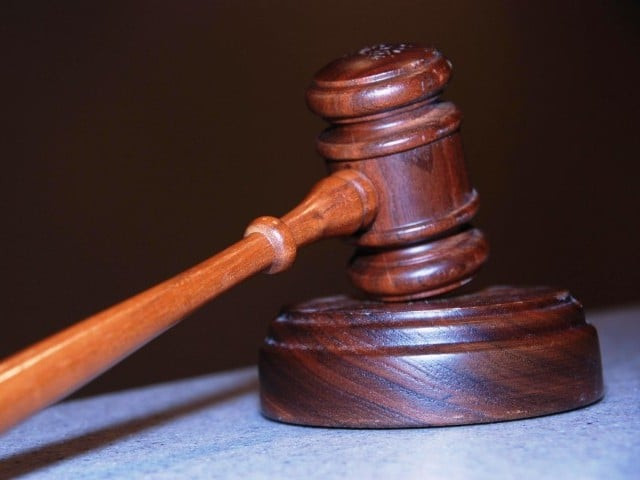Understanding the Legal Landscape: A Look at the Contempt Petition Against the Prime Minister
In recent legal news, a significant development has taken place as former Chief Justice of Pakistan, Jawad S. Khawaja, filed a contempt petition against Prime Minister Shehbaz Sharif. At the heart of this petition lies a crucial issue concerning the implementation of a Supreme Court order related to military courts.
According to the petition, the Supreme Court instructed the federal government to amend relevant laws within 45 days. This amendment would provide civilians convicted by military courts a right to appeal their sentences in a High Court. Unfortunately, Khawaja claims this directive has been ignored, which raises important questions about accountability and the rule of law.
Khawaja’s petition highlights how the Supreme Court’s original ruling aimed to enhance constitutional protections. It emphasized that the federal government, including its Prime Minister, is duty-bound to comply with court orders. Not doing so could signify a threat to fundamental rights upheld by the Constitution.
In simple terms, the petition argues that refusing to implement these changes not only undermines the legal system but also the very rights that are supposed to protect citizens. When legal authorities fail to act on serious matters like this, it creates a ripple effect that can impact public trust.
As the legal discussions unfold, it’s essential to stay informed about how these issues might affect the broader landscape of justice in Pakistan. They remind us of the vital role that law plays in safeguarding our rights, especially in times of change. If you’re interested in more insights concerning legal matters, legislative updates, and public affairs, consider exploring resources from Pro21st for deeper understanding and engagement.





